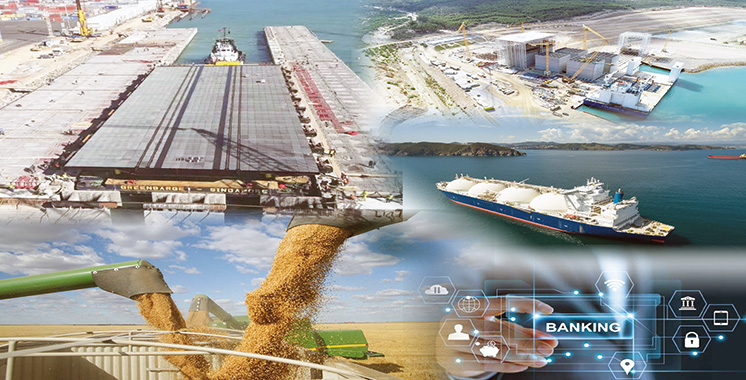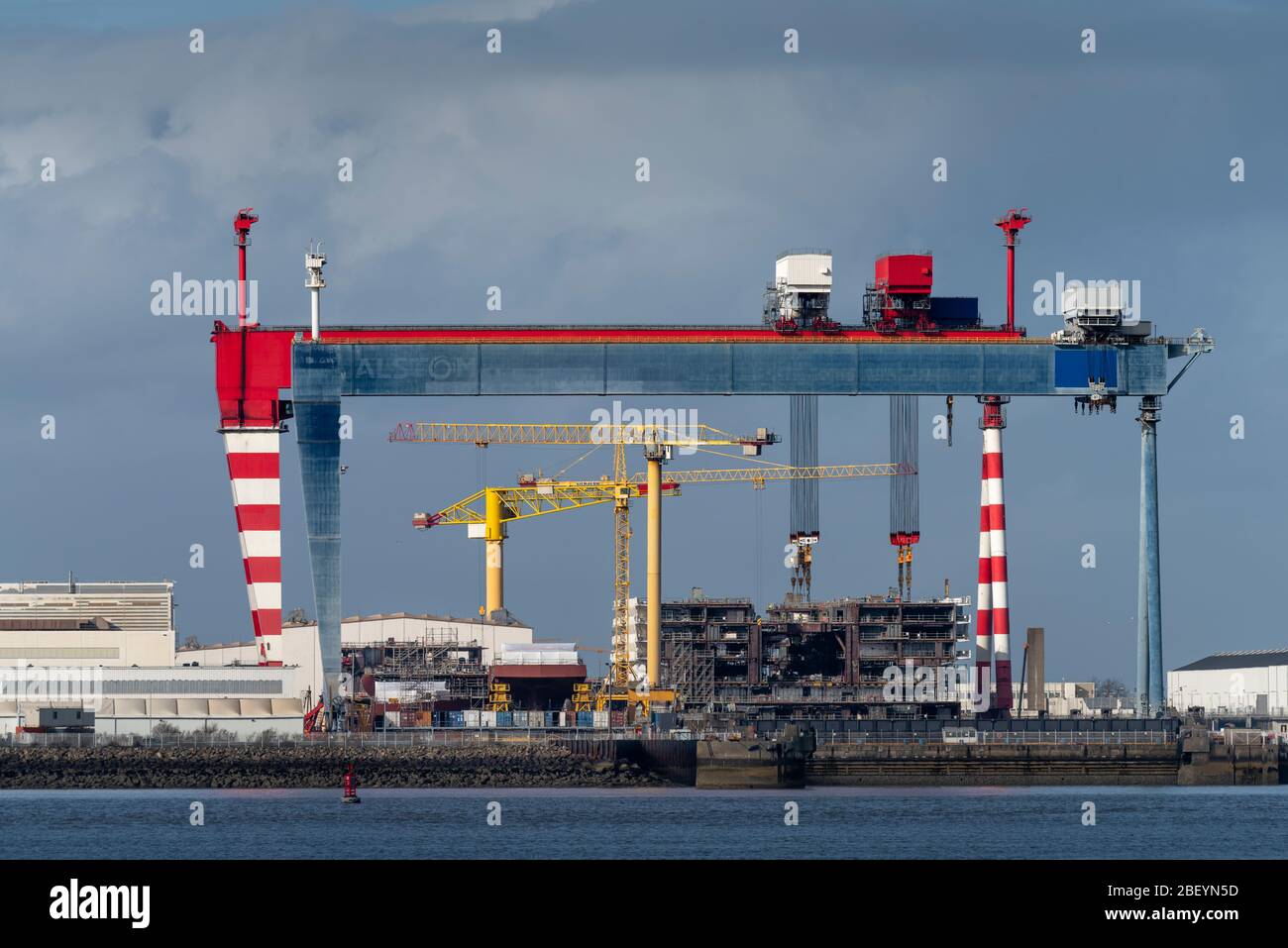Вивчення аварій сучасних суден
- Posted by lostartist in www.boatdesign.net
- No Comments
-

Вивчення аварій сучасних суден
Maritime industry plays a crucial role in global trade and transportation. However, it is not without its risks. The study of shipwrecks and modern maritime accidents offers invaluable insights into the dynamics of ocean travel. One well-documented incident is the Вивчення аварій сучасних суден Bourbon Dolphin capsize, which illustrates the complexities and challenges faced by modern vessels.
Understanding Shipwrecks
Shipwrecks occur for various reasons, ranging from human error to natural disasters. Analyzing these incidents not only helps improve safety protocols but also sheds light on the technical advancements in ship construction and navigation systems. Modern vessels are equipped with sophisticated technology aimed at reducing accidents; however, failures can still happen.
Common Causes of Modern Shipwrecks
Several pivotal factors contribute to maritime accidents today. Among these, the most prevalent include:
- Human Error: This remains the leading cause of shipwrecks. Mistakes in navigation, miscommunication among crew members, and inadequate training can result in catastrophic failures.
- Mechanical Failures: Despite advancements in technology, mechanical problems can still arise, leading to severe accidents at sea. Regular maintenance and inspections are essential to mitigate such risks.
- Environmental Conditions: Extreme weather, including storms and heavy fog, can dramatically increase danger levels during voyages. Navigating through treacherous waters requires not only skill but also the right technology to predict conditions accurately.
- Collision: The risk of collision with other vessels or environmental obstacles remains significant, especially in congested waterways. Proper training in navigational protocols is vital.

The Impact of Maritime Accidents
The consequences of shipwrecks extend beyond immediate loss of life and property. They carry long-term effects on maritime laws, safety regulations, and environmental well-being:
- Loss of Life: The most devastating impact is the human cost associated with maritime disasters. Families are affected, and communities may suffer economically and emotionally from such losses.
- Economic Consequences: Maritime incidents can lead to significant economic downturns, impacting fisheries, tourism, and local industries. Additionally, insurance costs surges can affect shipping rates worldwide.
- Environmental Damage: Oil spills and debris from shipwrecks pose serious threats to marine ecosystems. Preservation of biodiversity is crucial, and accidents often necessitate extensive clean-up efforts.
Preventive Measures and Innovations
In light of the dangers posed by maritime travel, the industry continuously seeks to implement more stringent safety protocols and innovative technologies:
- Training and Simulation: Improved training programs using simulation technology helps crews respond effectively to emergencies. Regular drills prepare the crew for a variety of scenarios.
- Advanced Navigation Systems: Modern vessels utilize GPS, radar, and sonar technologies to navigate safely. These systems help detect hazards and improve route planning.
- Robust Construction Standards: Shipbuilding practices focus on enhancing the structural integrity of vessels. Building according to high standards helps withstand harsh maritime conditions.
- Environmental Regulations: Stricter regulations regarding emissions and waste management are pivotal in reducing the environmental footprint of shipping operations.
Conclusion
As global trade continues to expand, the study and prevention of maritime accidents remain imperative. Understanding the causative factors behind shipwrecks leads to improved practices, better technology, and ultimately, a safer maritime industry. The analysis of cases such as the Bourbon Dolphin serves as a reminder of the complexities of navigation and the importance of learning from past incidents. Continuous efforts in safety and technology innovation will help strengthen the foundation of maritime travel, ensuring a secure environment for future generations of seafarers.

